Cat's Claw, Uncaria tomentosa, is a vine that grows in tropical areas of South and Central America. Originates from the run off area of the Amazon River.
It is used for over 2, 000 years by the Indian tribes in South America to treat hard to clot wounds, eczema, rheumatism, and many other diseases. They grow on trees, reaching 90 ft (30 m) in height. This vine grows spikes which curve in a nail shape, hence the interesting name "cat's claw".
There are two varieties of the vine, and both are called cat's claw. These are Uncaria tomentosa and Uncaria guianensis.
Both types have different functions, but the first is better known, so we'll look at it. Peru is the largest exporter of cat's claw.
Composition of cat's claw
Cat's claw contains various properties and builds organic matter. The greatest interest in medicine are the immunostimulatory alkaloid group of Saponin glycosides.
It also contains antioxidants such as catechins, tannins and procyanidins. It is rich in sterols which demonstrate significant anti-inflammatory activity. Members of the species have mitrafilin and hirzutin.
Selection and storage of cat's claw
Cat's claw is most often seen to have different adjuvants and antioxidants, rarely found in some additives to food.
Benefits of Cat's Claw
The actions of cat's claw are: antiviral, anti-inflammatory, antihypertensive. It stimulates the immune system, increases serotonin, decreases dopamine levels, inhibits tumor growth.
With cat's claw, you can successfully treat eye diseases such as conjunctivitis. The herb has the capacity to purify the intestines of toxins, making it a very effective remedy for diseases of the colon and digestive system.
Cat's Claw helps those suffering from asthma and calms seizures. Helps with diarrhoea, headaches, sinusitis. It is a strong immunodulator.
Anti-inflammatory properties of cat's claw are known in traditional medicine of South America for thousands of years. Fortunately, they are proven experimentally too.
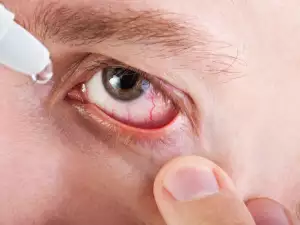
Cat's claw is suitable for use in the rheumatic joint diseases, and inflammatory diseases of the gastrointestinal tract. Anti-inflammatory compounds have a significant antioxidant effect.
Despite all of its properties, what most impresses researchers is its reduction of tumor necrosis factor, which components of cat's claw have.
The alkaloids mitrafilin and hirzutin have very good anti- hypersitive and vasodilatory effect. Another important ingredient of Cat's Claw – the alkaloid rinkofilin prevents blood clots and lowers bad cholesterol.
Generally, Cat Claw strengthens the immune system, increases the anticancer ability of the immune system, improve the body's ability to fight viral infections. There are suggestions that the herb improves fertility in adult males.
Dangers of cat's claw
Cat's claw is not recommended during pregnancy and lactation. The use of this herb is contraindicated in people with impaired blood clotting, tuberculosis and autoimmune diseases. Cat's claw should not be taken in combination with hormones, vaccines or insulin.
In healthy subjects, it is possible to obtain two sets of side effects. The first group includes the induction of excessive immune reactions in some people with allergies.
The second group of side effects are expressed in the suppression of secondary activities. Last but not least, do not exceed the directions on the package for acceptable daily intake of cat's claw.
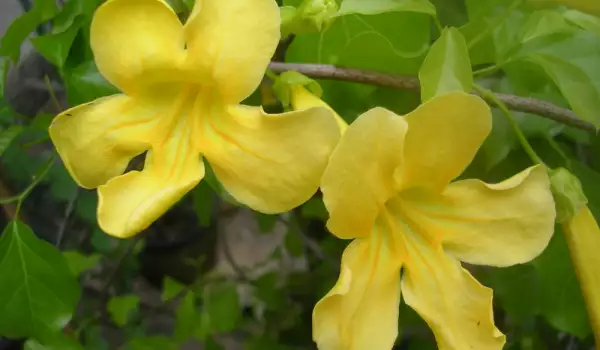
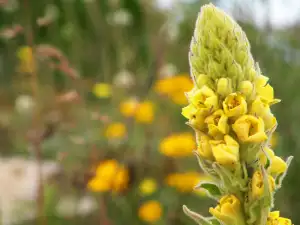
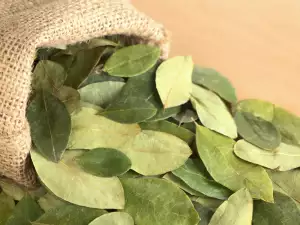
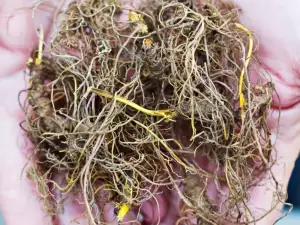


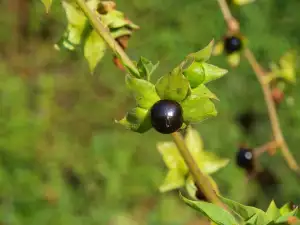

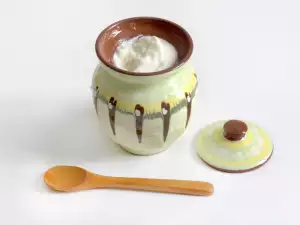








Comments